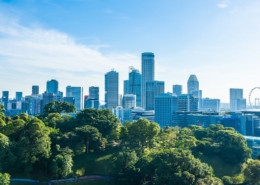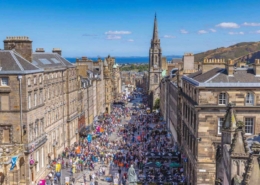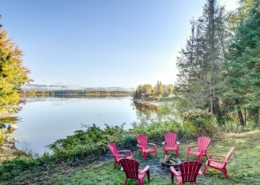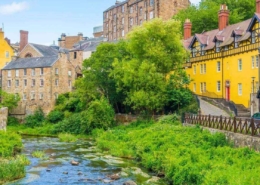Airbnb has become a popular choice for travelers seeking accommodation in New York City. With over 40 000 listings available, there is no shortage of options to choose from, ranging from budget-friendly apartments to luxurious homes. Many of these listings are located in some of New York’s most popular neighborhoods, such as Manhattan, Brooklyn, and Queens.
One of the benefits of staying in an Airbnb in New York is the ability to experience the city like a local. Many hosts offer unique and personalized experiences, such as local tours and recommendations for the best restaurants, cafes, and attractions in the area. This can be especially helpful for first-time visitors to the city, as it provides a more authentic and immersive travel experience.
Airbnb also offers a range of amenities that can make your stay more comfortable and convenient. Many listings include full kitchens, laundry facilities, and Wi-Fi, which can be especially helpful for longer stays or for those traveling with families. Additionally, Airbnb often offers more flexibility in terms of check-in and check-out times, allowing travelers to tailor their trip to their own schedule.
However, it is important to note that there are some regulations surrounding Airbnb rentals in New York. In 2019, new laws were enacted that limit the duration of stays in certain types of rentals, and require hosts to register with the city and provide certain information to guests. It is important to review these regulations before booking an Airbnb in New York to ensure compliance and avoid any issues during your stay.
Overall, Airbnb can be a great option for travelers seeking a unique and personalized experience in New York City. With a wide range of listings available, travelers can find the perfect accommodation to fit their needs and budget, while also experiencing the city like a local. However, it is important to do your research and understand the regulations surrounding Airbnb rentals in New York before booking your stay.
More about Airbnb regulation in New York read here.
The opportunities are endless for hosts who wish to generate extra income through the Airbnb platform. Whether you have an entire property available, or just wish to rent out some private or shared rooms, then you can tap into the huge Airbnb market.
- 42 931 – listings in total
- 24 279 (56.6%) – percentage of the total which are entire properties
- $200 – average price per night
- 17 879 (41.6%) – private rooms
- 576 (1.3%) – shared rooms
- 197 (0.5%) – hotel rooms
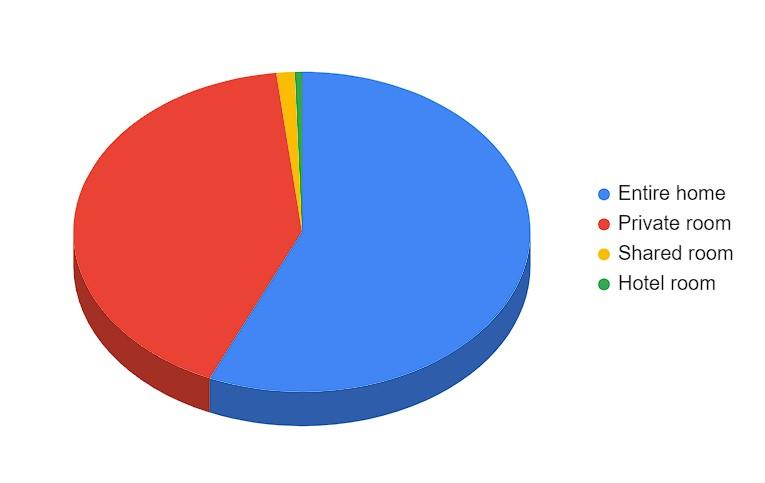
24 279 (56.6%) – entire homes
576 (1.3%) – shared rooms
17 879 (41.6%) – private rooms
197 (0.5%) – hotel rooms
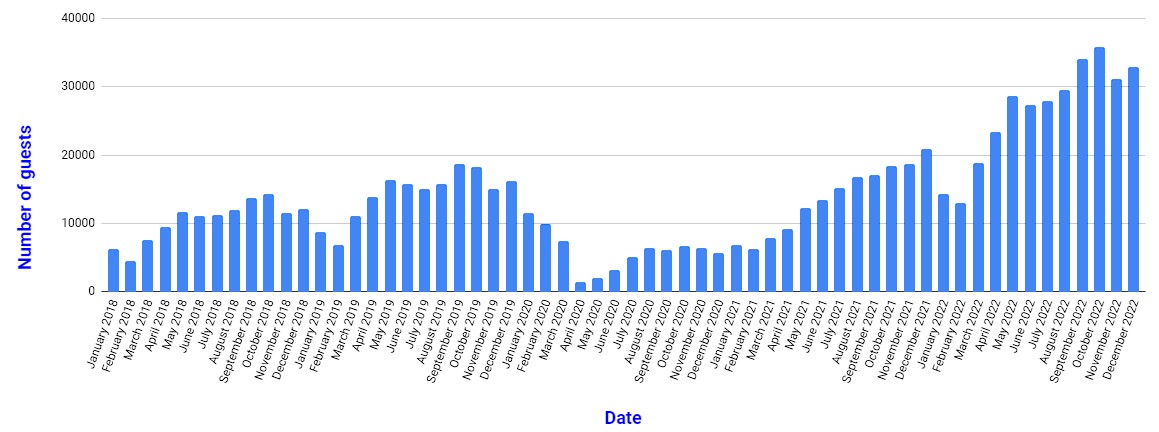
In order for the guest activity to be recorded and monitored, a review must be submitted to a host’s property or room after the stay has been completed. In terms of the statistics that have been produced – they have been calculated by using the minimum stay, the average price per night and the total number of reviews.
- 76 – approximate nights per year
- $200 – average price per night
- $13 510 – estimated average income generated per month
When you assess the Airbnb market in Amsterdam, you’ll notice that there are some hosts who have multiple listings and some that have single listings, just like everywhere else in the world. It is possible for a host to list multiple properties that they have available or different rooms which are available on the same property.
- 20 403 (47.5%) – number of multi-listings
- 22 528 (52.5%) – number of single listings
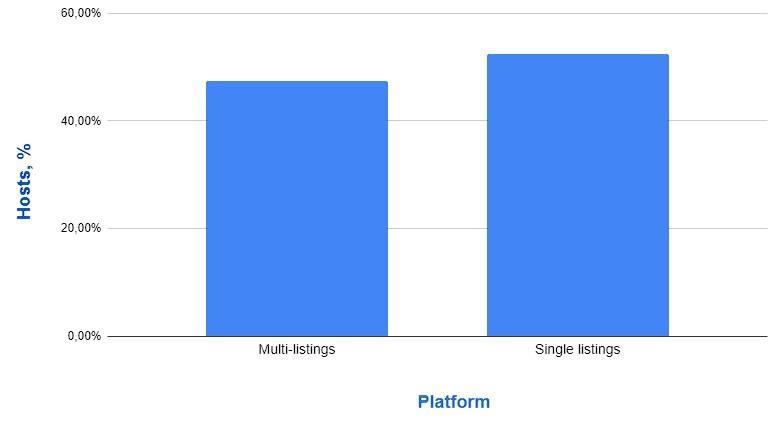
22 528 (52.5%) – single listings
20 403 (47.5%) – multi-listings
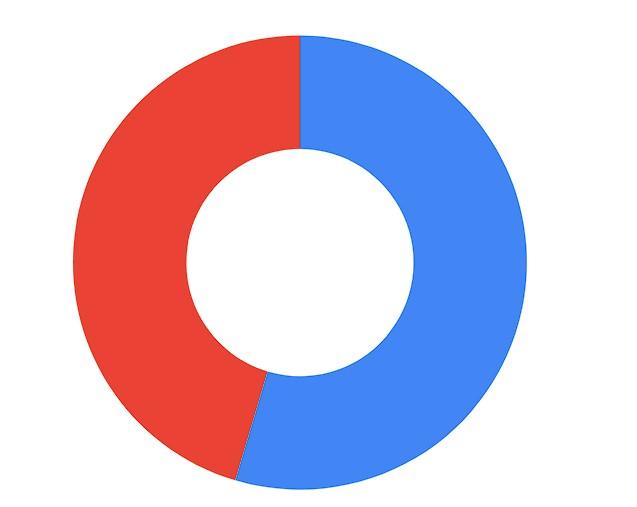
19 475 (45.4%) – high availability
23 456 (54.6%) – low availability
Airbnb hosts have full freedom when it comes to selecting how available their property or rooms are. For instance, by utilizing the calendar tool, a host can set their property to be available for just one week in a year. Alternatively, another example is a host setting their rooms to be available for 11 months out of the 12.
- 19 475 (45.4%) – high availability
- 23 456 (54.6%) – low availability
If you’re an Airbnb host in New York, then you’ll be responsible for adhering to a number of laws and legalities. Many of them include rent regulations, taxes, zoning codes, contracts and business licensing which Airbnb must disclose to all of their hosts.
In addition, there’s also a state law which was developed in 2010 which prevents people from renting out a Class A multi-dwelling building for less than 30 days without the owner being in attendance.
On top of that, there’s a local law No.45 of 2012 in New York City which makes it illegal for people to convert a permanent dwelling into a property with multiple short-stay rooms. Some conversions will welcome heftier fines than others, but everything is covered by the law. Furthermore, there is a “declaration of emergency” included, mainly because of limited apartment space within the city.
Sources

